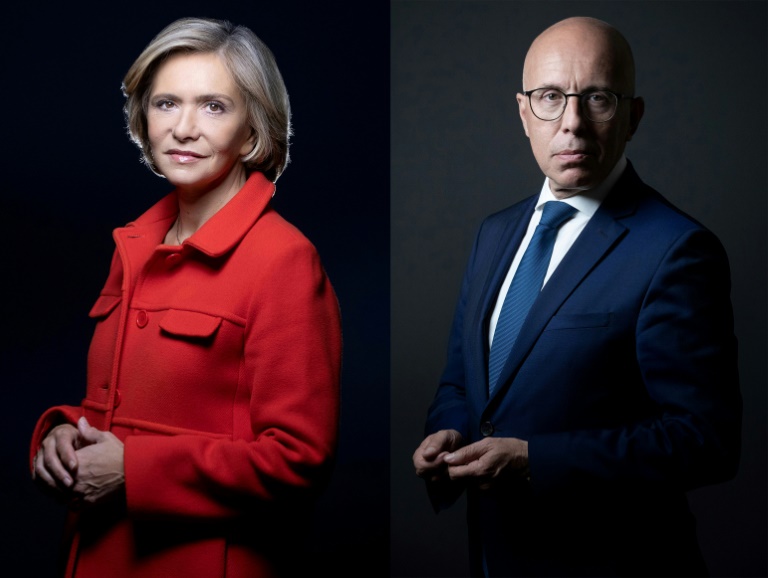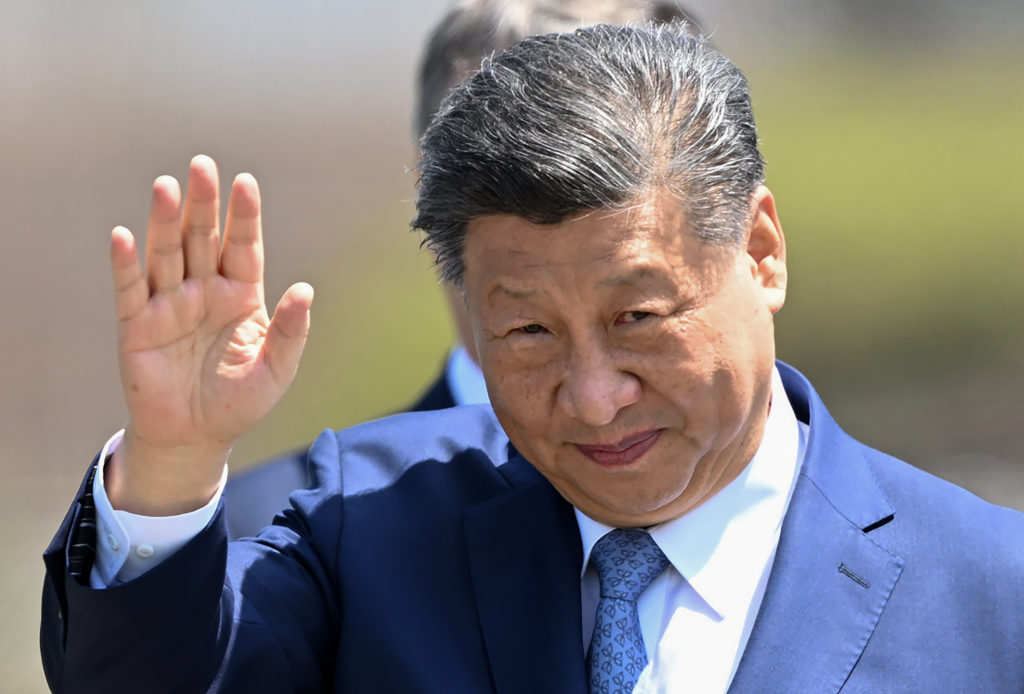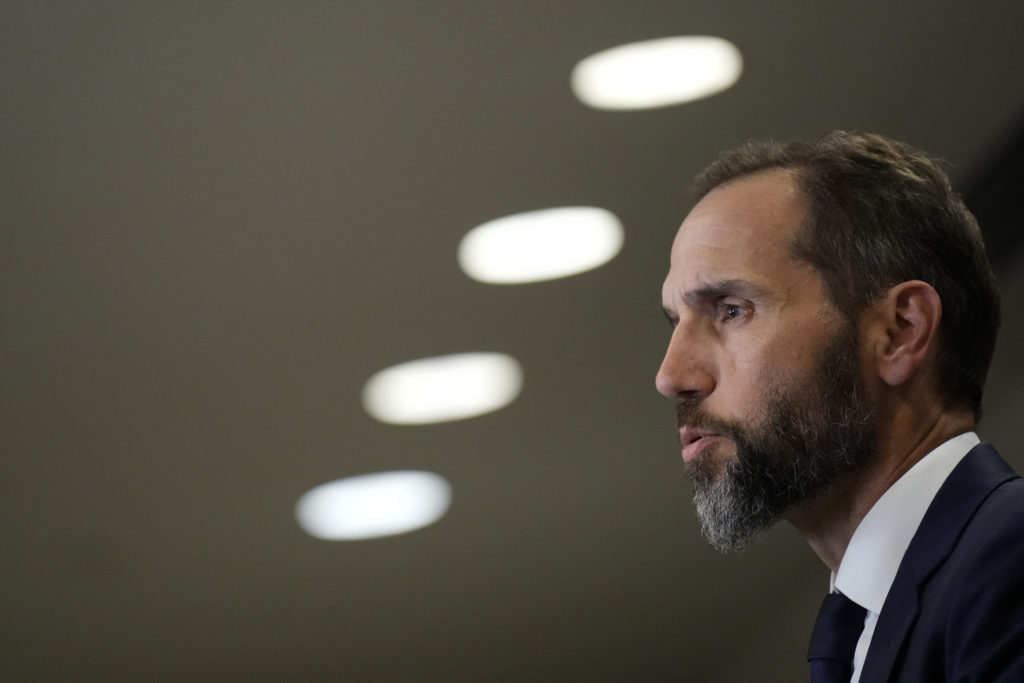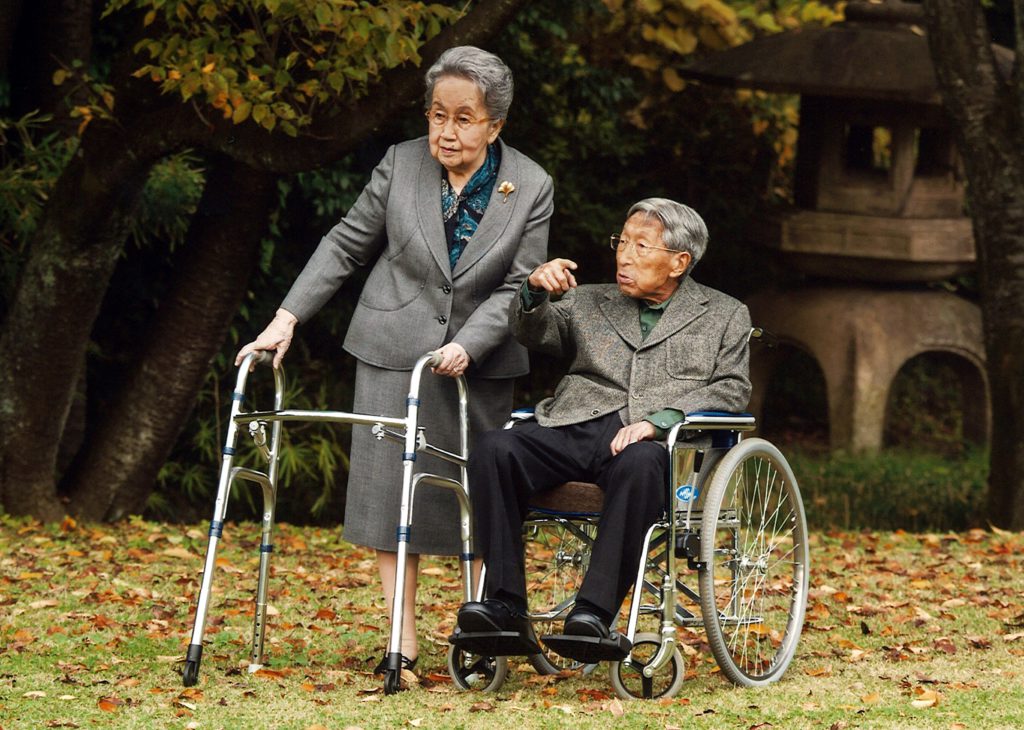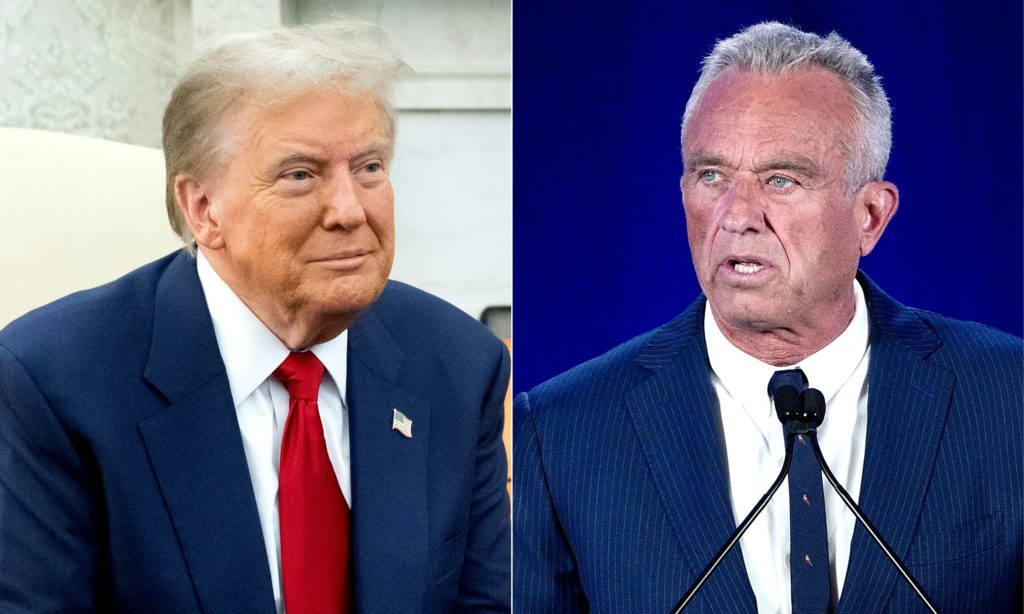France’s conservative party on Thursday chose its finalists for the nomination to challenge Emmanuel Macron in the 2022 presidential election, narrowing down contenders to a hard-right MP and the Paris region chief but excluding ex-Brexit negotiator Michel Barnier.
Valerie Pecresse, a moderate who heads the greater Paris region, and Eric Ciotti from the southern city of Nice, won the first round of the Republicans primary and will now face off in a second vote whose results will be announced Saturday.
If chosen on Saturday, Pecresse would be the first female candidate for the presidency for the Republicans (LR). Ciotti, meanwhile, has views far closer to the far-right which have sometimes echoed those of Eric Zemmour, the controversial pundit who declared his candidacy on Tuesday.
The result defied poll predictions and spelt disappointment for Barnier, at 70 by far the oldest of the hopefuls, and ex-health minister Xavier Bertrand, who were seen by many as the front-runners.
Analysts view the primary outcome as crucial to the shape of the election, which polls show Macron is currently a clear favourite to win, though the centrist former investment banker has not yet confirmed a re-election bid.
The April 2022 vote looks set to be dominated by concerns about immigration and security, and with Macron hoping to benefit from his handling of the pandemic with vaccination rates higher and fewer restrictions than in some other European countries.
The Republicans party, which traces its lineage to rightwing presidents Jacques Chirac and Nicolas Sarkozy, saw party membership soar in recent weeks to around 140,000, with 81 percent casting ballots in the first round of voting.
The results were close for the four leading candidates, with Ciotti garnering 25.6 percent and Pecresse 25.0 percent, followed by Barnier (23.9 percent), Bertrand (22.4 percent) and the outsider Phillipe Juvin, a mayor and doctor who rose to prominence during the Covid pandemic (3.1 percent).
Bertrand, who like Pecresse abandoned the Republicans in 2017 after accusing the party of adopting far-right tropes, said on Twitter that he would vote for Pecresse.
The results were a major personal setback for Barnier, who won admirers for his deft handling of the Brexit negotiations but troubled some fans with his hard line during campaigning that included a call for a moratorium on immigration.
– ‘Historic challenge’ –
Stakes are high for the Republicans after a bitterly divisive primary ahead of the 2017 presidential election, when it was outflanked by the veteran far-right candidate Marine Le Pen.
They are again facing a challenge by Le Pen’s National Rally as well as the wild-card candidacy of Zemmour, with both accusing Macron of failing to counter illegal immigration and the threat of Islamist terrorism on French soil.
Macron is also pushing hard to win over traditional conservatives to his pro-business plank, pledging to push ahead with ambitious economic and labour reforms that appeal to the Republicans’ base.
A series of televised debates did not produce a clear primary front-runner, with the outcome in doubt until announced by LR leader Christian Jacob.
But Ciotti, whose views are often close to those of the far right, stood out in the debates with pledges to crack down hard on immigration and to create a “Guantanamo” prison for Islamist terror suspects, as well as a sharply reduced flat tax of 15 percent for businesses.
The right-wing Figaro newspaper has said the Republicans needed to offer an alternative to Zemmour’s “mix of audacity and brutality” that has pushed immigration to the fore.
“For the right, the challenge is historic: respond with firmness, serenity, consistency, experience and courage — which it has sorely lacked — to this existential worry,” the paper wrote in a front-page editorial.

